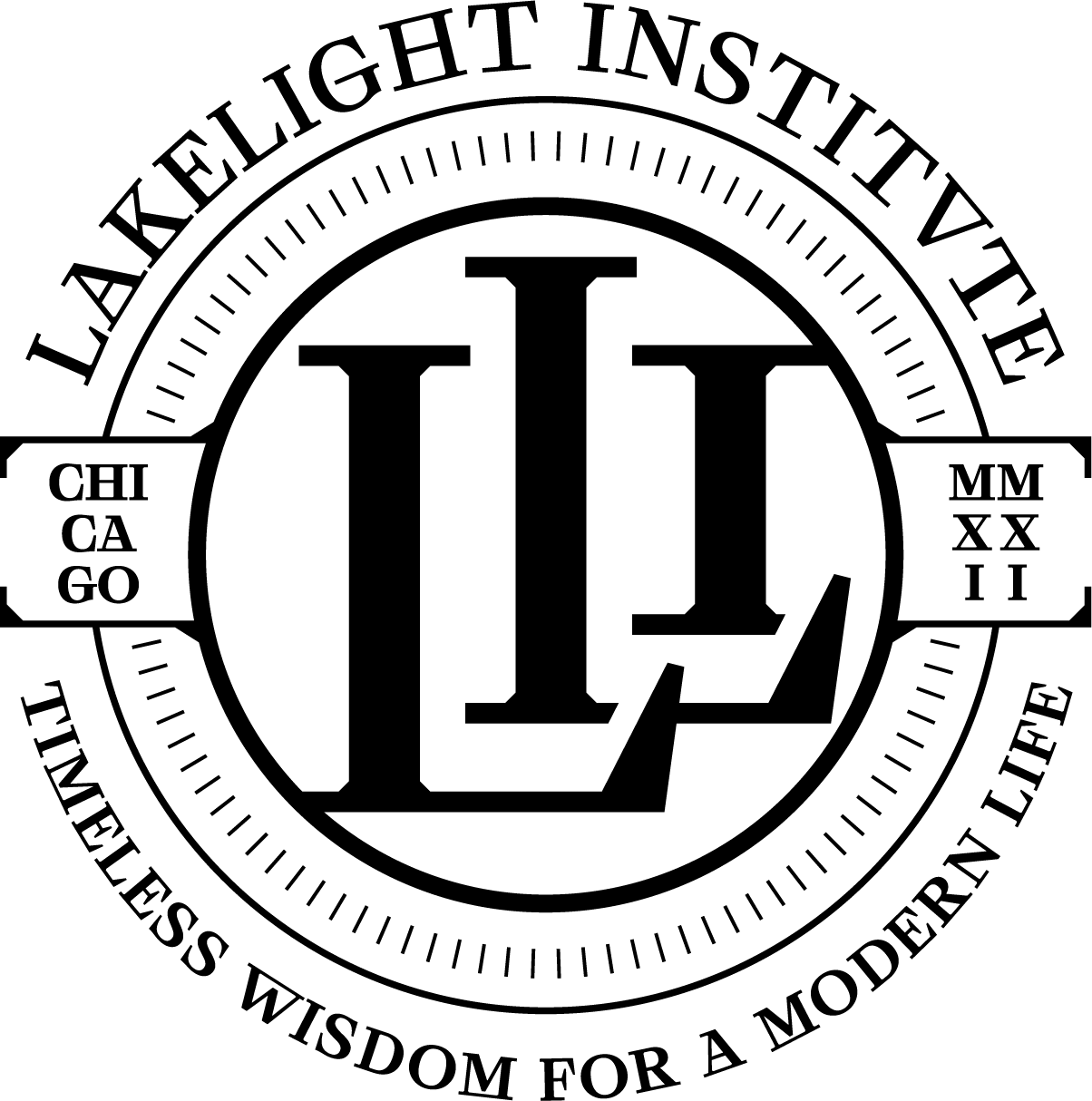Why Our Politics Is So Crazy Right Now
On Blockbuster Movies, Junior High Lunchrooms, and The Soul’s Need for Validation
Glenn Wishnew | Est. 5 minutes
Why Our Politics Is So Crazy Right Now
In the streaming era, $25 million is an impressive weekend at the box office. “Civil War” is the movie which grossed that impressive figure last weekend, directed by Alex Garland of A24 studios. While I question whether enough Americans have the discretionary time and attention span for a full-blown Civil War, our political acrimony is nearing the critical threshold for such a crisis. And it’s an election year, so who knows.
How did we reach this point? Why has our politics become toxic in tone and divided in substance? David Brooks’ article “How America Got Mean,” offers several explanations for our public unrest:
The technology story: Social media is driving us all crazy.
The sociology story: We’ve stopped participating in community organizations and are more isolated.
The demography story: America, long a white-dominated nation, is becoming a much more diverse country, a change that has millions of white Americans in a panic.
The economy story: High levels of economic inequality and insecurity have left people afraid, alienated, and pessimistic.
Brooks also highlights the failure of our cultural institutions to restrain selfishness, teach empathy, and provide a sense of purpose.
Alongside Brooks, I agree with all those stories to an extent. However, I want to tell another story that hasn’t been told. I’ll call it the thymos story.
The Thymos and Identity Politics
The thymos, according to Plato, is the part of the soul that craves recognition. For many, this validation comes from membership in groups like their family, work, or church. Those institutions have collapsed in recent years, prompting many Americans to turn to politics to fill their tbymos. Political groups often form around shared identities such as nation, ethnicity, religion, gender or sexual orientation.
According to the political scientist Francis Fukuyama, identity politics emerges when a group’s collective thymos takes offense at the prevailing social order.[i] Political leaders mobilize their followers around the perception that their group’s dignity has been challenged, belittled, or otherwise ignored. Fueled by resentment, the group’s organizing principle involves securing public recognition and cultural respect.
Identity politics revolves around seeking validation and recognition. That’s why symbols like flags, holidays, statues, and public statements become equal in significance to policy initiatives. Both Left and Right are forming coalitions of aggrieved citizens, driven by the desire for personal validation and cultural supremacy.
Junior High Lunchrooms
Duke social scientist Chris Bail conducted research on the most frequent posters of extreme political content on Facebook. Bail interviewed Ed, a daily viewer of Fox & Friends and social media troll. Ed revealed that he loves ‘owning the libs’ on social media because it is “cathartic and helps him cope with social isolation.” He reported feeling “like a micro-celebrity” on Twitter when retweeted by other right-wing users.[ii]
Ed’s political engagement is not motivated by fulfilling civic duties or advocating for specific policies. Instead, he seeks to create an identity and fill an inner emptiness. When people like Ed begin to dominate the public sphere, it morphs from a marketplace of ideas to a junior high lunchroom. American politics today is not a group conversation about the best policies to achieve economic growth; it is a war among identity groups lacking psychological security. The collective Thymos is empty.
Augustine and Ed
Augustine of Hippo’s fourth century book Confessions chronicles his attempts to satisfy his soul. As a boy, he sought recognition from his peers and parents through academic achievement. Later in his twenty’s, he sought meaning through romantic relationships. Upon leaving Carthage for Rome, he devoted himself to public rhetoric, aiming to ascend to the Emperor’s court in the eternal city.
Towards the end of Book 4, Augustine reflects to his younger self:
“With what destination in mind are you walking, endlessly, endlessly, on those hard paths of suffering? There’s no rest where you’re looking for it.”[iii]
Augustine’s story may appear disconnected from Ed’s and our contemporary political divide. But a closer examination reveals a society of restless people.
Our political moment is crazy because the most engaged among us are pursuing emotional validation through partisan warfare. Alienated and insecure, they are in the junior high lunchroom, striving for attention and significance.
A thymos filled by God’s love can engage in politics from a place of psychological stability. From that space, politics shifts from a zero-sum game for cultural supremacy to a productive dialogue about how we can build a healthy society. Then we can recognize different identities without being threatened by them.
And perhaps – we could avoid a Civil War.
——————-
[i] Fukuyama, Francis. Identity: The Demand for Dignity and the Politics of Resentment. New York: Farrar, Straus and Giroux, 2018. Check out his book here.
[ii] Bail, Chris. Breaking the Social Media Prism: How to Make Our Platforms Less Polarizing. Princeton: Princeton University Press, 2022. You can order his book here.
[iii] Augustine. Confessions. Translated by Sarah Ruden. New York: Modern Library, 2017.

